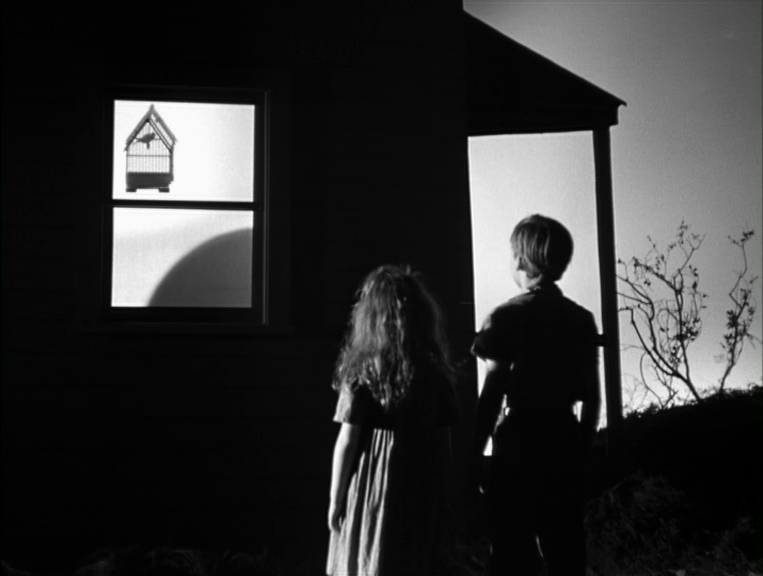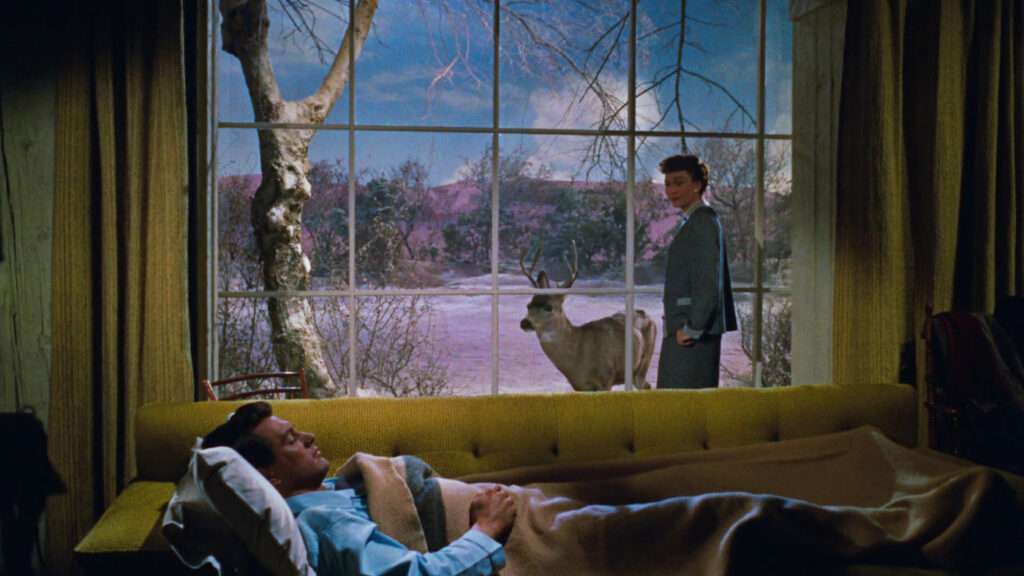In the pantheon of great film directors, two figures stand out not just for their distinctive cinematic styles or their contributions to the art form, but for their profound humanism and empathy: Yasujiro Ozu and Wim Wenders.
These auteurs, from different corners of the world and different eras of filmmaking, have become akin to spiritual ancestors to me, guiding my understanding of what it means to create film that resonates on the most humane level.

Yasujiro Ozu
Yasujiro Ozu, the Japanese master, is perhaps best remembered for his tatami-level camera angles and the quiet, yet profound, stories he told. In his works, such as “Tokyo Story” and “Late Spring,” Ozu depicted the ebb and flow of ordinary life with a purity and respect that borders on the reverential. His characters are portrayed with such depth and dignity that they transcend the medium, becoming familiar spirits we might recognize in our own reflections. Ozu’s films are meditations on the human condition, and his compassionate gaze invites viewers to engage in a shared empathetic experience.
Wim Wenders
Across the globe and a few decades later, German filmmaker Wim Wenders burst onto the scene, bringing with him an innate ability to capture the soulfulness of his characters and the environments they inhabit. Wenders’ films, like “Wings of Desire” and “Paris, Texas,” are explorations of the human spirit. His characters are often caught in moments of existential wanderlust, seeking connection and understanding within their fractured realities. Wenders’ love for his art is palpable, as is his love for his characters and actors, whom he paints with an affectionate brush, granting them a life beyond the screen.
Empathetic Directors
The kinship I feel with Ozu and Wenders stems from their shared vision of film as a medium for empathy. They both approach their craft with a humility and purity of intention that is rare and inspiring. For Ozu, the focus was on the subtlety of family dynamics and societal change, while Wenders often contemplates the broader existential journey. Yet, their core motivation is the same: to understand and portray the human experience in all its complexity and simplicity.
To me, Ozu is the spiritual grandparent, grounding his narrative in the familiar and the universal, teaching patience and the art of observation. Wenders, the parent, encourages exploration and a wider gaze, urging one to seek and find beauty in the transient and the overlooked. Together, they have shaped my cinematic ethos, instilling a desire to approach filmmaking with a gentle hand and an open heart.
Legacy and Influence
Their influence extends beyond the technical aspects of cinema; they have taught me that to make a film is to invite an audience into a space of shared empathy, to create a moment of connection that can bridge the vastness of time and culture. In a world often polarized and hurried, the films of Ozu and Wenders remind us of the power of quiet contemplation and the intrinsic value of every human story.
Conclusion
Yasujiro Ozu and Wim Wenders are more than just filmmakers to me; they are spiritual mentors who have shaped my perspective on the art of cinema. Their dedication to their characters, actors, and the craft itself is a testament to their pure love for film, and their work continues to inspire filmmakers and audiences alike to view the medium not just as entertainment, but as a profound vehicle for empathy and connection.




